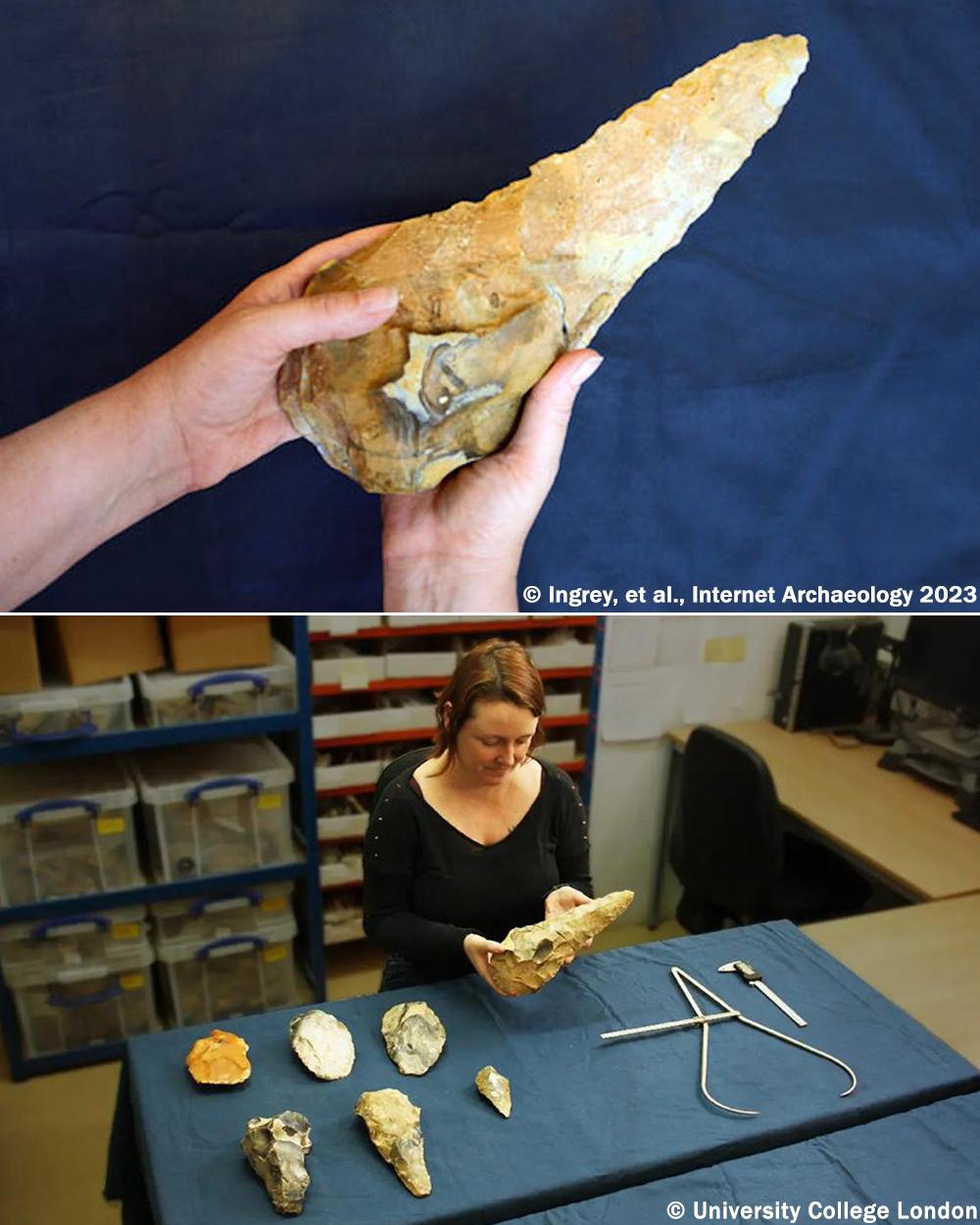Today's oceans are a chaotic place between the roar of engines, man-made sonar and seismic explosions that make it impossible for sea creatures to hunt or communicate.
Today's oceans are a chaotic place between the roar of engines, man-made sonar and seismic explosions that make it impossible for sea creatures to hunt or communicate.
Admire 'Mars on Earth' with unique geysers
Noisy ocean
Today, bodies of water across the vast ocean are rife with engine noise, sonar and seismic waves. Waste from human activities from the mainland pollutes water sources. Industrial chemicals disturb the sense of smell of marine life. It is humans who are severing the sensory links that have created the diversity of the world's animals.

Noise pollution is affecting many marine species.
Whales cannot hear echolocation pulses to locate prey, spawning fish cannot find each other amid noise and turbidity, and social bonds between common crustaceans. through sound waves mixed in the smoke of human pollution.
Off the coast of San Juan Island, the voices of the whales are like fine silks, sewn into a thick denim fabric of propellers and engine sounds, sometimes audible clicks. and a small whistling sound, but usually disappears in the tight weave of the motor. Dozens of boats let out loud, howling noises as they tracked the whales, wrapping them in an unavoidably pressurized shell.

A mother and baby humpback whale.
Have ability to be extinct
The majority of southern whale communities living in these waters cannot stand the noise. The species' population is in decline, potentially leading to extinction unless the world becomes friendlier to them. In the 1990s, the whale community used to be very crowded, but now the number has plummeted, losing one or two more each year without new individuals being born.
The whales are the falcons of the ocean, diving 100 meters or more to hunt their prey at high speed, the chinook salmon. The acoustic frequencies of boat noises overlap with the rattles animals use for echolocation and foraging. The noise had formed a layer of fog, reducing the hunters' vision. If a whale is within 200 meters of a container ship or 100 meters of a smaller boat with an outboard engine, its echolocation range will be reduced by 95%.
Top 10 strange animals currently living on Earth

An orca.
For most whales, and many other fish as well as invertebrates, the eyes are just a useful organ. In the depths of the abyss, all animals swim in the dark. Along the coasts, the water is so turbid that animals can see at most one object in front. It is the sound that reveals the shape, the energy, the boundaries and distinguishes the other inhabitants of the sea.
Ambient noise on the Pacific coast of North America has increased by about 10 decibels since the 1960s, when measurements began. By some estimates, noise levels over the world's oceans have doubled every decade since the mid-20th century.

Noise pollution is driving many species to extinction.
Ships converging around major seaports are at the heart of the noise problem that lingers over the oceans. During the 1950s, about 30,000 merchant ships sailed through the world's oceans. There are about 100,000 units now, many of them with much larger engines. Cargo tonnage has increased tenfold.
For aquatic creatures, sound is sight, touch, perception and hearing because they cannot leave the surface of the water. Ocean creatures, especially those that live near the coast or along busy trade routes, now live in areas that were formerly near underwater volcanoes or in a battle earthquake. Stirring wind waves, breaking ice, earthquakes and the movement of bubbles in water columns are sounds to which marine life can adapt. But the explosions of air guns, the sound of needles and the stabs of sonar and the sound of engines were a different story.
Cockroaches still live even when meteorites make dinosaurs extinct






